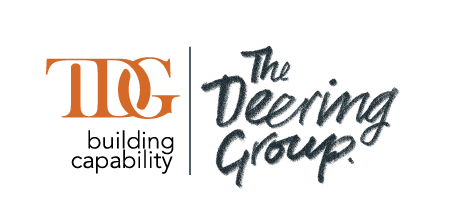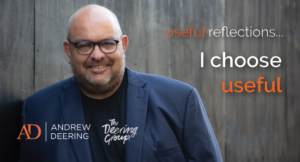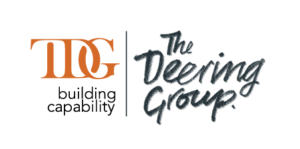As a kid at school, oh so many years ago, I sat through many lessons learning “stuff” about “things”. A lot of the time, I didn’t understand what I was learning, and I wasn’t really sure why I should care. I’m sure you have felt this uncertainty at some point, too. It’s that nagging, underlying questioning of, “Why do I need to do this? I don’t understand how it could ever be useful to me now or in the future.”
The challenge for myself and my unfortunate teachers was my need to understand the usefulness of what I was learning. Only when I could see the usefulness of an activity would I put the energy into developing the skills, knowledge and competency required to do that work. The problem was that, often, I could not see the usefulness.
Fast forward from those school days to today. All of us are working inside, outside or through a complexity that has been foisted upon us. Our world, businesses and lives are undergoing ever-growing challenges and change – particularly as we grapple with the fallout of COVID-19.
We’re often required to be more and do more.
Other times, we find ourselves continuing to do what we’ve always done.
But do we ever stop to question why we do what we do?
I have the pleasure of working with organisations and people who, much like that kid back in the classroom, struggle to understand the usefulness of the activities and work they undertake. A real privilege.
The lens of useful
I’m a fan of the word “useful”. I see such an amazing link between this word and the opportunity to create value in the things we do, both individually and collectively.
For me, there’s a direct link between work being useful and its ability to add value. I think now is the time for us all to take an individual and collective breath; to stop and think about what it is we do each day, why we do it, and, most importantly, whether it’s useful.
Too often, we simply follow a well-trodden path. We perform the same activities and do the same work we’ve always done. Why? Because it’s easy. Going through the motions doesn’t require us to question ourselves or our work. We walk the same path consistently, yet unthinkingly. How often do we honestly consider whether our path continues to serve us, or dare I ask, whether it has ever served us?
The fact is, it can be hard to look through the lens of useful and question ourselves. We might not like the answer. But it’s critical we do; otherwise, nothing changes. I remember as a kid hearing the timeless saying, “If you always do what you’ve always done, you’ll always get what you’ve always got.” Even back then, I wasn’t sure this was a truth.
I think this idea has been brought even further into the spotlight in this current environment we’re journeying through. If we continue to do what we did prior to this complexity, will we get the same result? Would it still be useful? Would we get a different result, or none at all?
Question, but with curiosity and kindness
For me, the useful lens begins with curiosity, done in kindness. Firstly, we need to be genuinely, even playfully curious about what it is we are doing, so we can understand it. Secondly, we must remember to be kind to ourselves as we question what we do. The point is not to interrogate or condemn ourselves for doing work that may not be useful; rather, it is to explore other options with self-compassion and thoughtfulness.
My team and I regularly use the lens of usefulness when we work with organisations and individuals. We seek pathways that allow people and teams to be more effective, efficient and able as they complete work that is useful. For when people know that their work is useful, they experience motivation, confidence, and worthiness. They allow themselves the space to be more creative and innovative, enabling their businesses and, indeed, themselves to flourish, and to feel the flourish.
I wonder if you applied the lens of usefulness to the activities you undertake each day, would they pass the test? Would the value you see inside those activities be sufficient for you to keep performing them, or would you be prompted to change tack?
So, as we all journey along this current complexity, knowing more complexities will follow,
we must ask ourselves: Does what I do serve me well? Can I learn, adapt, and change through the lens of useful?
How do I find purpose and meaning that serves, me and all.
Purpose and meaning in work as part of life that is meaningful, powerful, useful .
I’d love to hear your thoughts.


